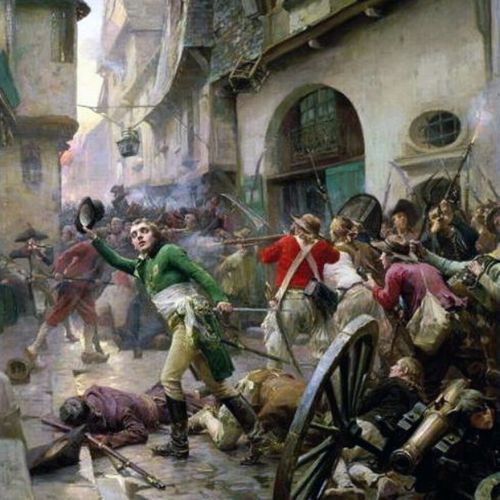Based Granite, Woke Limestone?
May 26, 2023 · 5 mins read
0
Share

The Politics of Rocks
"Right-wing granite, left-wing limestone" André Siegfried's famously claimed in 1913.
The father of electoral geography argued that the soil had a lasting political impact, one that still pops its head in modern French politics.
A Memo'd on conservatism and soils
Save
Share

Siegfried published "Political Landscape of Western France under the 3rd Republic" and identifies 4 factors on electoral behavior
1) Nature of the soils which leads to
2) Housing structures which leads to
3) Landownership structures which leads to
4) Social structures

Save
Share
Siegfried argues: "geology simultaneously controls the mode of settlement and the mode of exploitation, and in this way, will influence the mode of ownership and class relations, thus end up having a bearing on political life itself."
Save
Share

Let's take Vendée in western France. Northern Vendée is granitic which means the soil is naturally water-resistant, and thus there's multiple sources of water, which favors spreadout habitats. This in turn means there tends to be large estates. (Pink = granite, blue = limestone)
Save
Share

In other words granitic soils tends to concentrate the land in the hands of large landowners and disperse the populations, who therefore usually socialize at church and through the Church.
Save
Share
As a result, the populations of the granitic soils were under the influence of landowning nobles and priests who were still very powerful in Republican Vendée and favoured conservative parties.
Save
Share

In contrast, we find in the south of Vendée mostly limestone (considerably more permeable than granit) and thus fewer sources of water. As a result farmland tends to be concentrated in small areas with smaller estates.
Save
Share
These populations are not as isolated and there usually is a stronger sense of local solidarity, limiting the influence of estate-owners and the Church, making them more progressive on average. Thus "right-wing granit, left-wing limestone."
Save
Share
0